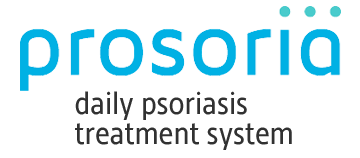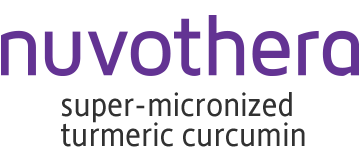
Each season of the year we have reasons to reboot our well intentioned healthy new year's resolutions. Now more than ever we need to be monitoring our health from the inside and out to stay healthy. If there is one area that should be on our reboot priority list, it is our gut health.
You Gut and Brain Connection
Your gut is the lining of your gastrointestinal (GI) tract, which is teeming with over 100 million neurons and nerve endings that functionally acts as a second brain. The gut also hosts a whole ecosystem of bacteria and other “microbiota” that when not in balance wreaks havoc with everything from your ability to make good decisions, your mood and especially your metabolism.
Your Gut and Mental Performance
The food we habitually eat has a significant impact on our cognitive attention to complete even the most mundane tasks.
This is because a diet that’s high in sugar and ultra-processed foods can cause dysbiosis - an imbalance of all the microbiota in your GI tract – which can lead to both systemic inflammation and central nervous system inflammation. And because communication between your gut and your brain is “bi-directional” through the gut-brain axis, that inflammation can lead to the mental sluggishness we attribute to brain fog.
In fact, a recent study from the University of Birmingham's Centre for Human Brain Health found that,
". . . people with systemic inflammation may have to exert more cognitive effort to achieve the same level of attention-related performance as those with less inflammation."
This is especially concerning when dysbiosis is present because this condition can often precede the appearance of clinical symptoms for certain neurodegenerative diseases.
Introduce Your Gut to the Benefits of Turmeric
Turmeric supports the gut’s anti-inflammatory response by blocking production of pro-inflammatory cytokines, tempering both acute (initial local response) and chronic (on-going systemic) inflammation in the gut and throughout the body.
However, because of the size of the turmeric curcumin molecule, it is usually metabolized too quickly to get the full therapeutic benefit or “bioavailability” at a steady rate of effectiveness. And while black pepper or piperine helps you absorb more of the benefits of turmeric it can further irritate your GI tract.

To mitigate potential adverse effects of absorption enhancers and get the full therapeutic benefits of turmeric curcumin, consider using “super micronized” turmeric. Nuvothera, a super micronized whole-root, turmeric supplement, uses a process that reduces the size of the turmeric molecule so that it is easily absorbed without the need for chemical absorption enhancers like piperine and has been clinically demonstrated to increase anti-inflammatory and anti-oxidant potency 100 times greater than other brands.
Your Gut and Your Mood
Does your desire to work out come in short-lived bursts of motivation? Is the thought of a leaner, healthier you not enough of a reward to get you to going? That’s because feeling sluggish is an “entire mood” as the saying goes.
Your mood and sense of well-being are regulated by the neurotransmitter serotonin and 90% of the serotonin in the body is produced by cells in the gut lining. But, a 2015, study at Caltech found that these cells appear to depend on their interaction with gut microbiota to synthesize a large amount of the serotonin produced by the gut.
Similarly with dopamine, the gut produces almost 50% of this neurotransmitter in your body. Dopamine also supports mood but more importantly, it regulates the motivation behaviors and reward pathways that propel you to start and complete tasks.
It follows then, given the bi-directional communication between your gut and your brain, that any negative mood can be “the cause or the product” of an imbalance in your gut microbiota.
Through digestion, the gut converts turmeric curcumin into metabolites unleashing the anti-oxidant properties of turmeric. In this capacity, turmeric works to prolong the effects of neurotransmitters, reducing free radicals by inhibiting the production of monoamine oxidase (MAO) enzymes which break down serotonin and dopamine via catabolization.
Your Gut and Your Metabolism
It is commonly accepted wisdom that once you hit a certain age, your metabolism slows down. While there is real evidence of this as a truth, the common western diet of ultra-processed food is also a culprit. And not solely due to the high caloric count. The food you eat and the medicine you take determines which bacteria thrive in the gut.
Improve Your Gut Health with Turmeric
The easiest way to improve our gut health is to habitually support our diet with non-inflammatory foods and quality nutritional supplements. Nuvothera’s Turmeric Curcumin helps balance the microbiome that is your gut and that has a positive effect on all the areas of your health.
Because when your gut is happy, all of you is happy.

